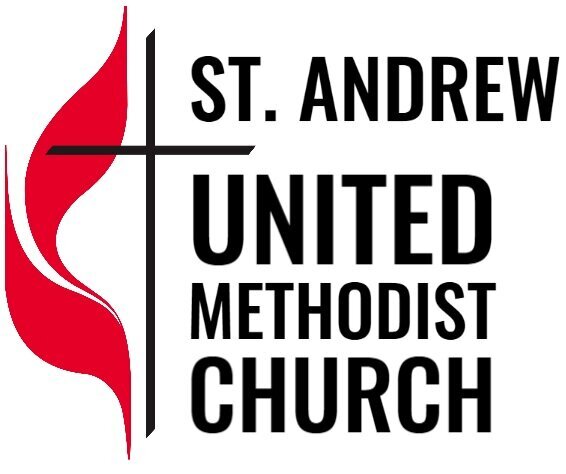
The Practice of Confession
Of all the spiritual practices available to us the practice of confession may be the most daunting, especially if we consider bringing it from our own private prayer out into the openness of community. For many of us, it’s hard enough to honestly confess our sins to God, but the thought of confessing our sins to a brother or sister in Christ, let alone to the one we may have sinned against—this seems like an impossible task! Perhaps we’ve grown uncomfortable with this practice because we’ve been led to believe that the church is a community of saints more than a community of sinners. And social media doesn’t help matters, when everyone else’s lives appear so well-to-do. We ask ourselves, “What would people think if they knew the real me? Would anyone still want me around?”
The good news is God does know the real you, and God loves you no more and no less because of it. And so, if God can fully love a sinner, maybe we can trust that our neighbors have that capacity as well. After all, the purpose of confession is not to feel bad about who we are or what we’ve done, but to feel good that despite our sins, God’s love makes us forgiven and free. When we confess our sins before God and one another, we are able to truly receive the grace of forgiveness because we have truly acknowledged our sin. Confession is an invitation to grow in grace, not to be crushed by guilt. Below is a guide for incorporating the practice of confession into your journey as a disciple. As you follow these invitations, remember that it was while we were yet sinners that Christ died for us, and this proves God’s everlasting love for every single one of us.
Week One
Read a sample of the church’s confessions of sin. The United Methodist Hymnal and Book of Worship have a collection of prayers of confession and hymns of confession. You can also search the internet to see what other denominations or individuals have written. Reflect on what these confessions mean to you. Plan to participate in the corporate confession of faith that takes place before the Eucharist on Communion Sunday (typically the 1 st Sunday of the month).
week two
Consider starting a journal of confession. You can ask God in a daily time of prayer to reveal your past sins to you and to show you those places in your life where God wants to bring healing. You may find yourself meditating on something you did that day, a week ago, or years ago when you were a child. Write down a confession of these sins and allow yourself to feel God’s forgiveness.
week Three
James 5:16 encourages us to “confess [our] sins to each other and pray for each other so that [we] may be healed.” Ask yourself if there is an individual or a small group with whom you might begin mutually sharing confession and seeking God’s forgiveness. Try to commit to a consistent time (weekly, monthly, quarterly, etc.) when you can meet and reflect together on such issues that need God’s transformative power.
Week Four
Select a specific situation over which you are carrying guilt because you sense you have hurt someone else through your words or actions. Write out as clearly as you can the details of this burden, what you feel you did wrong, and how you might confess that to this individual. Challenge yourself to write a letter, make a phone call, or if possible, to meet in person so you can confess the harm you’ve done and ask forgiveness.

